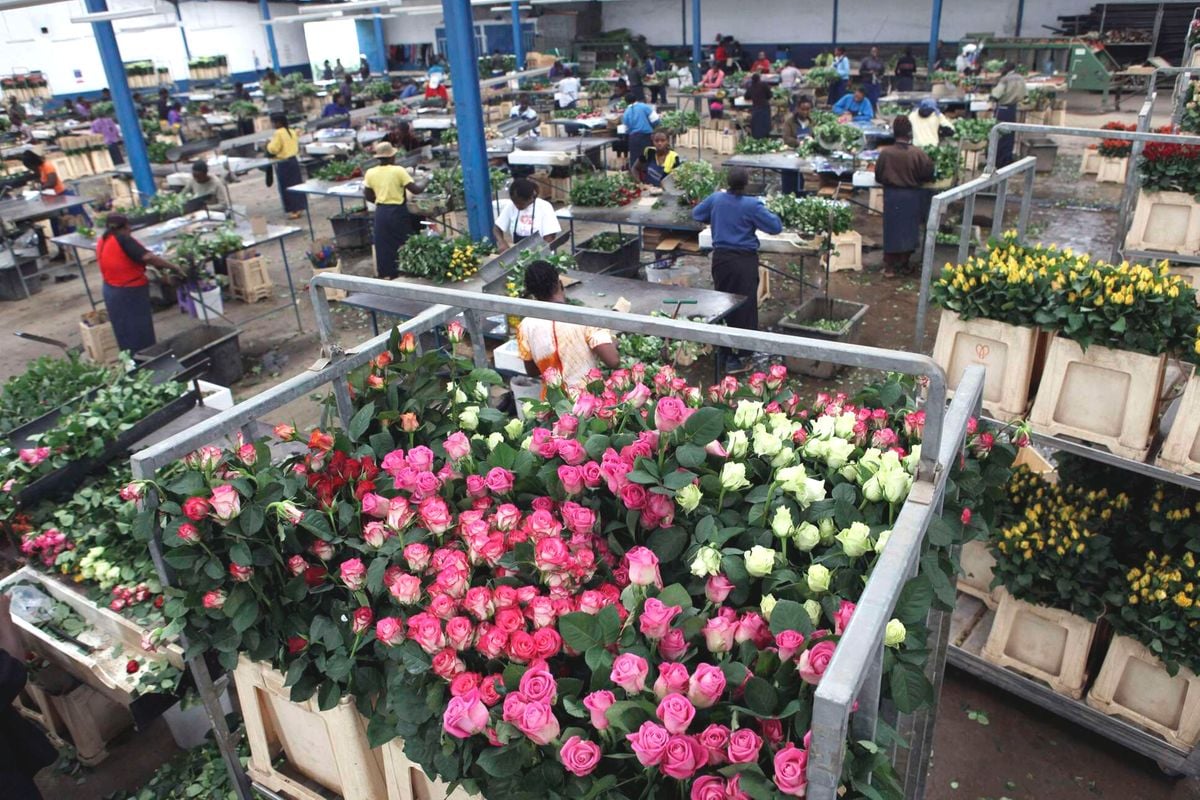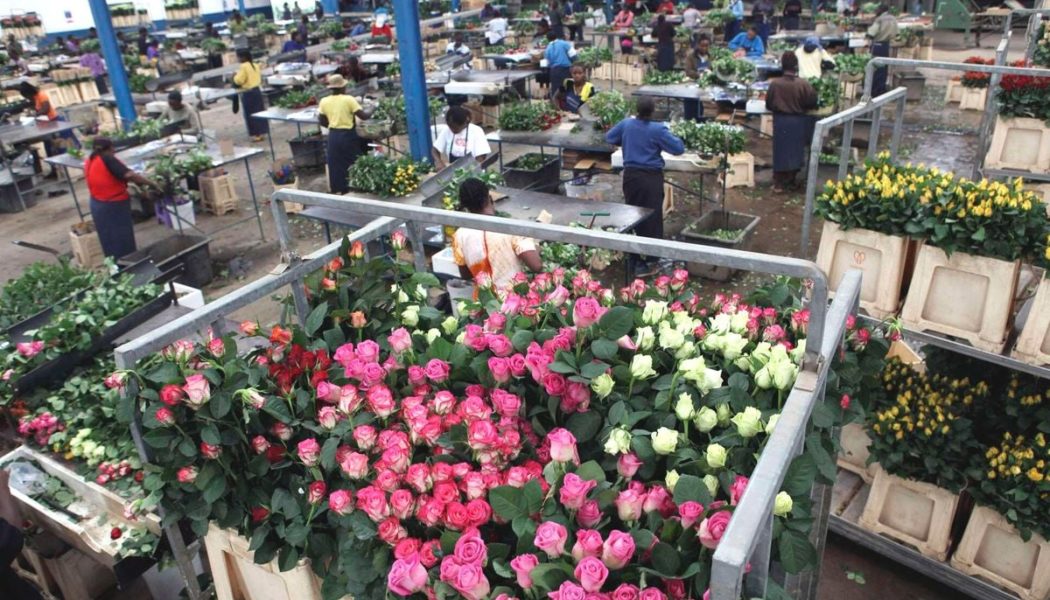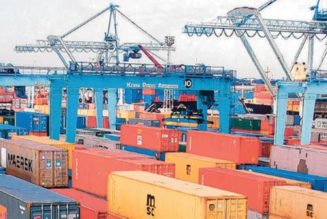
The United Kingdom has temporarily suspended duty on flower imports in a boost to Kenya’s multibillion-shilling export industry, the European nation announced Thursday.
The suspension of the eight percent duty on cut flowers initially for two years ending June 2026, the UK says, will apply to all growers across the world who sell their bloom directly or through other countries like the Netherlands.
Kenya and her peers in East Africa —Ethiopia, Rwanda, Tanzania, and Uganda—sell the bulk of cut flowers to Europe through auctions near Amsterdam.
“Unlimited quantities of flowers can now be exported to the UK at zero percent tariff, even if they transit via a third country,” the UK statement reads. “This is particularly important for East African flower growers who transport their blooms via third countries or auction houses before they arrive in the UK.”
The UK, which formally withdrew from the 28-member European Union bloc in January 2020, expects the policy action to benefit its citizens through reduced “price, seasonality and variety”.
Flower earnings
The UK Trade Ministry further sees the move as boosting trade and strengthening economic ties with the East African Community bloc.
“The UK’s relationship with East Africa is rooted in mutually beneficial trade. This additional flower power will allow trade to bloom,” UK’s Trade Commissioner for Africa John Humphrey was quoted in the statement. “We go far when we go together… or in this case, we grow far when we grow together, further reinforcing the UK’s commitment to the expansion of trade in East Africa.”
Kenya, the fourth largest exporter of cut flowers in the world, earned an estimated Sh73.45 billion last year from the produce, a 19.49 percent growth over Sh61.47 billion the year before.
The earnings were partly boosted by the weakening of the shilling against major international currencies such as the UK’s pound and the euro which increased earnings in Kenya shillings. Nearly a fifth of Kenya’s cut flower sales end up in the UK.
Raw agricultural exports from Kenya access the UK market duty- and quota-free, but value-added goods attract tariffs. Kenya Flower Council, the lobby for growers, was not immediately available for comment, with calls and texts to chief executive Clement Tulezi going unanswered.
Horticulture income
Kenya’s overall horticulture earnings increased by 6.5 percent in 2023, driven by increased export volumes and a weak shilling. Data from the Horticulture Crops Directorate (HCD) shows horticulture earnings grew to Sh156.69 billion last year marking a growth from Sh147.1 billion in the previous year.
This was largely driven by an increase in export quantities which jumped 19.6 percent to 468,438 tonnes up from 391,507 tonnes that were exported in 2022. According to the Directorate, the horticultural produce – which is made up of fresh fruits, vegetables, and cut flowers – was shipped to some 152 destinations across the world.
Cut flowers contributed the largest share of the earnings (Sh73.45 billion) with 116.27 tonnes of flowers exported during the period followed by vegetables, which fetched Sh50.87 billion from the sale of 164.06 tonnes.
Meanwhile, some 188.1 tonnes of fresh fruits were exported during the period, fetching Sh32.37 billion.
The Netherlands retained its spot as Kenya’s largest horticulture market, with Sh42.78 billion worth of fresh produce being sold in the European Union country. This was followed by the UK (Sh22.41 billion), France (Sh20.24 billion), United Arab Emirates (Sh9.14 billion), and Germany (Sh7.91 billion).
“Emerging markets are China, India, and Kazakhstan. Kazakhstan has replaced Russia as an alternative market in Central Asia,” said HCD.
The increased earnings in 2023 mark a rebound from the previous year during which income from horticulture exports went down by 6.7 percent from Sh157.7 billion in 2021.









